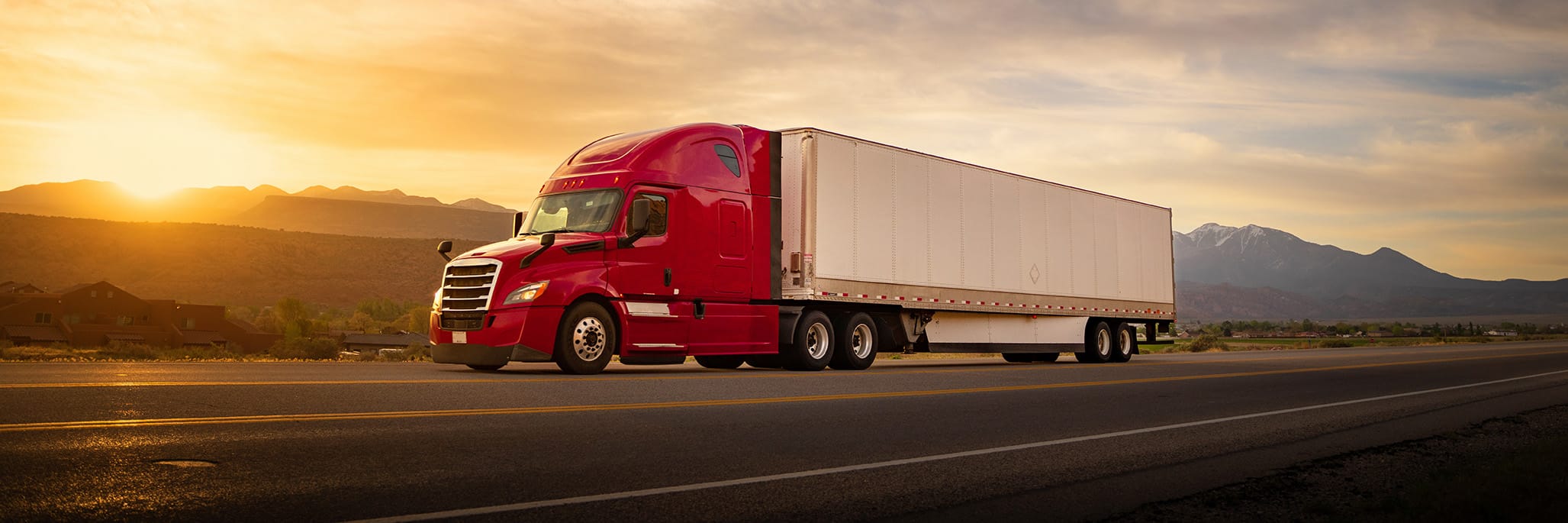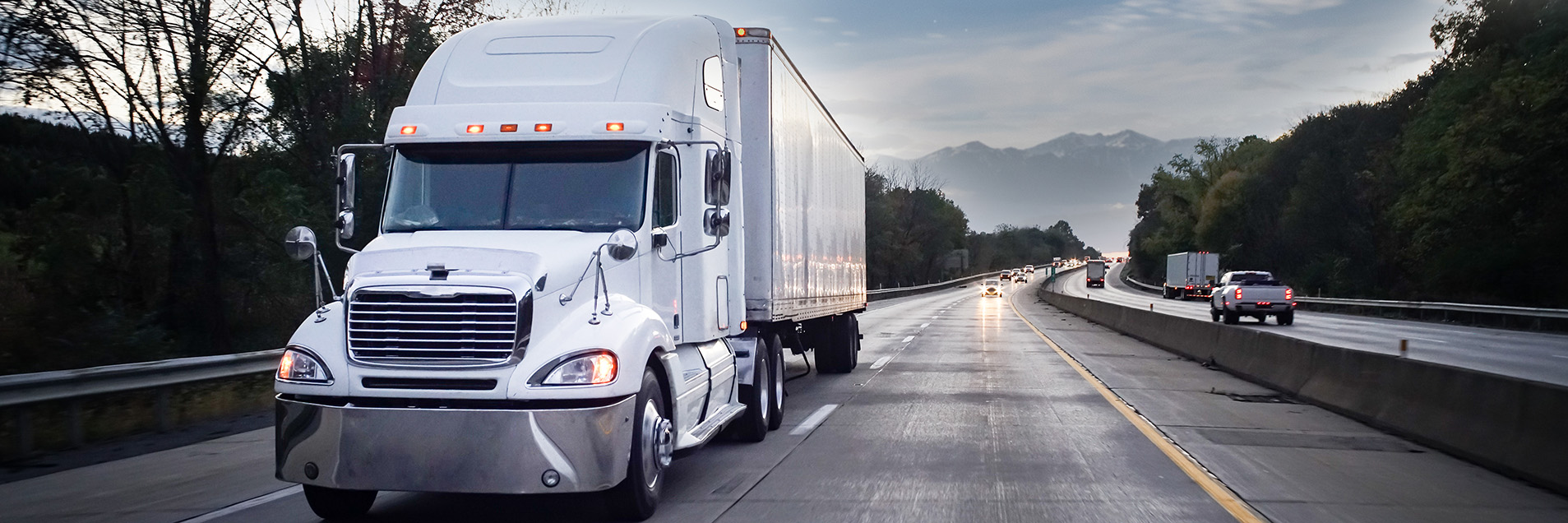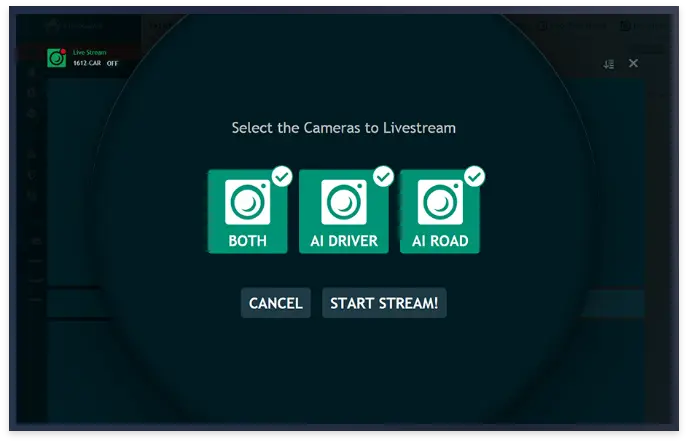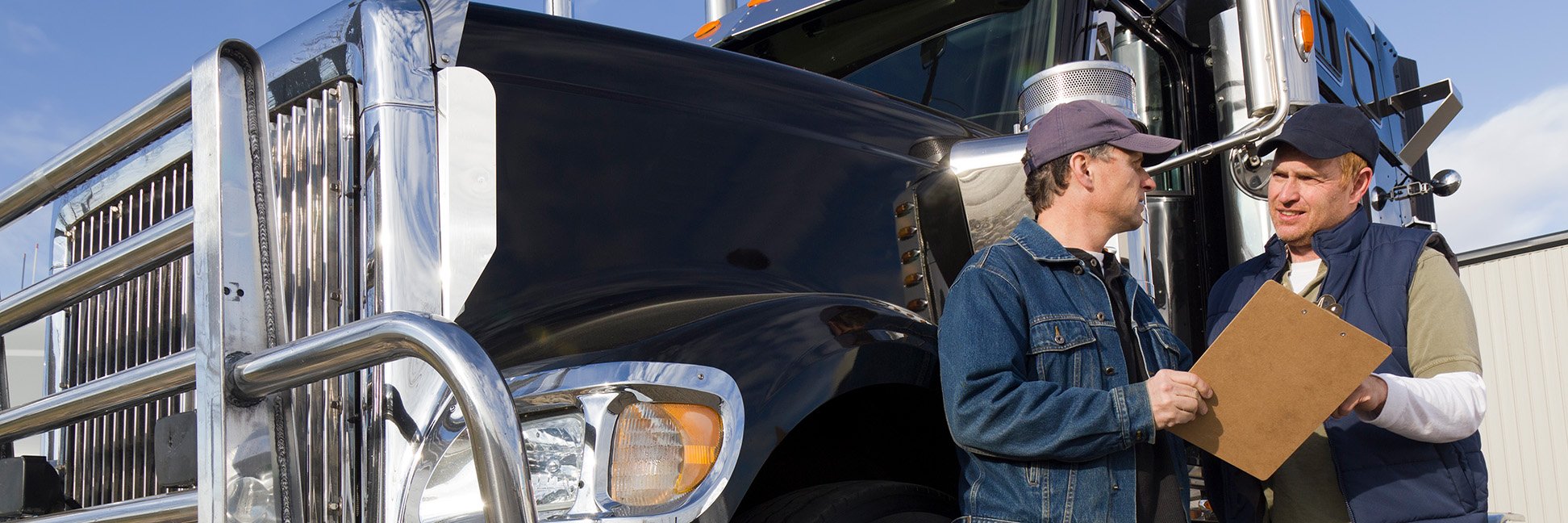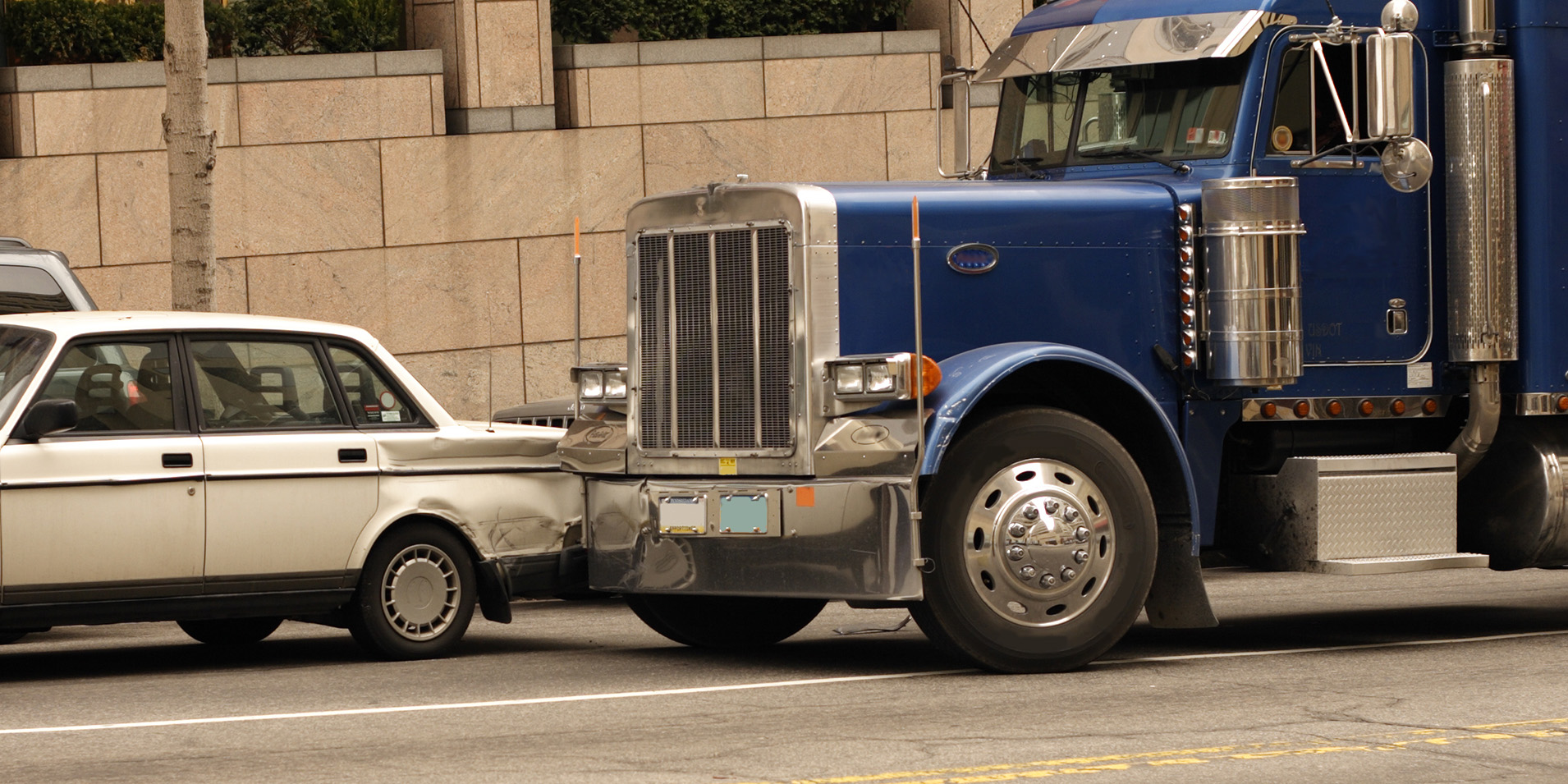In the bustling world of logistics, where trucks carry the economy’s backbone, accidents are an unfortunate, but common, occurrence. When these happen, insurance claims inevitably follow. But how has the advent of truck dash cams influenced this process? And how can your business save on insurance?
Today, we’ll explore how truck dash cams have transformed the landscape for insurance claims and how claims are processed. Buckle up, and let’s dive in.
What are Truck Dash Cams?
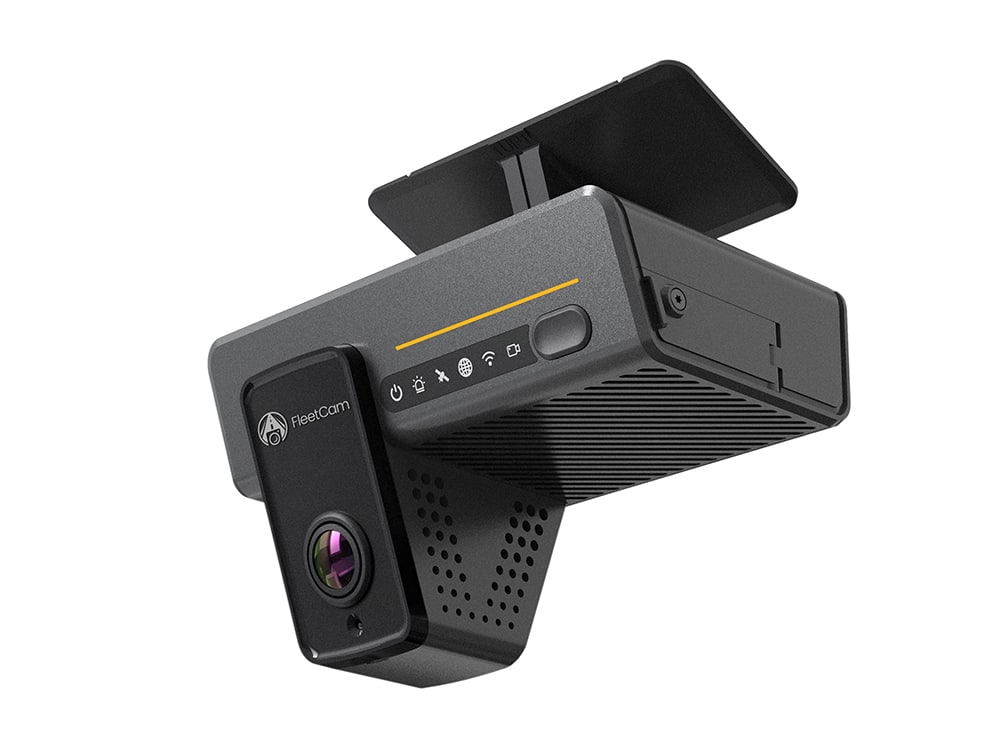
Before we hit the road, it’s worth understanding what truck dash cams are and why they’re making headlines.
Truck dash cams are compact devices mounted on the dashboard or windshield of trucks. They record the view through the vehicle’s front windshield, sometimes the rear or other windows, and often the cab interior. A dash camera’s primary use is for monitoring and recording events on the road and driver behavior.
The Rising Popularity of Truck Dash Cams

Dashboard cameras aren’t new to the scene. They’ve been around for a while, but their use in commercial trucks is a relatively recent trend. So, why the sudden rise in popularity?
According to a 2019 survey from C.J. Driscoll & Associates “Of the fleets we surveyed (both for-hire and private), 44% of fleets reported using video cameras on at least some of their trucks,” This has only increased since then, as fleet managers are seeing the benefits of having dash cams across their fleet. For example, Driscoll found that an impressive 58% of fleets received a discount on their insurance premiums just for having a dash cam.
Improving Driver Safety
With available features like ADAS & DMS, dash cams can provide safety feedback in real time. Making drivers more likely to reach their destination without incident. It’s like having a virtual co-pilot that never sleeps, keeping a helpful eye on the road at all times.
Enhancing Driver Training
Dash cam footage is a treasure trove of real-world scenarios for driver training, providing an invaluable resource for trainers to showcase the do’s and don’ts of driving.
The Impact of Truck Dash Cams on Insurance Claims

The influence of truck dash cams on insurance claims cannot be overstated. They have revolutionized the way claims are handled, bringing transparency and fairness to the process.
Speeding Up Claim Processing
With clear video evidence at hand, insurance companies no longer need to rely solely on statements and police reports. This has greatly expedited the claim processing time.
Preventing Fraudulent Claims
Fraudulent claims can be a real thorn in the side of insurance companies. However, with the impartial witness of a dash cam, these can be effectively curbed. For example, one Tennessee-based company was able to exonerate their driver thanks to dash cam footage and avoid a $150,000 lawsuit.
Settling Disputes
When it comes to accidents, the blame game is never far behind. Truck dash cams help to cut through the noise, offering clear, unbiased evidence of what transpired.
Legal Implications of Truck Dash Cam Footage
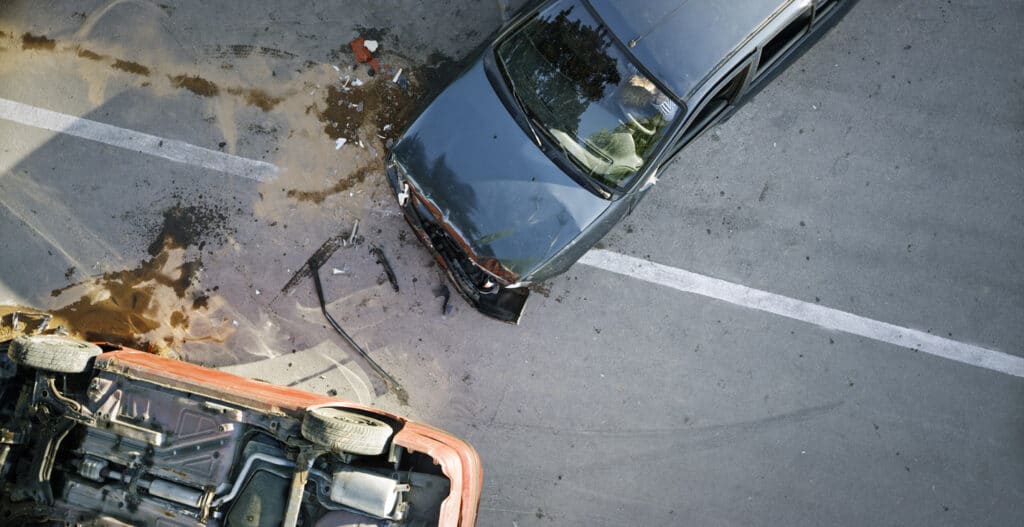
While dash cam footage is a powerful tool, it also comes with its share of legal implications. Understanding these is crucial for both drivers and insurance companies.
Privacy Concerns
Since dash cams can record video and sometimes even audio, they may potentially infringe on privacy rights. It’s important to be aware of the privacy laws in your jurisdiction. To do so, check out this helpful dash cam state laws article from FreightWaves.
Admissibility in Court
The admissibility of dash cam footage in court varies across regions. While it’s generally accepted, certain criteria must be met for the footage to be considered valid. According to Jeremy Wang Law, most judges allow dash cam footage as evidence (so long as it is recorded in a public place). The footage must also be proven to have been recorded at the time of the event in dispute.
Future of Truck Dash Cams and Insurance Claims
As technology advances, the role of truck dash cams in insurance claims is set to become even more significant. Future enhancements may include features like AI-powered accident prediction and prevention.
Conclusion
There’s no denying that truck dash cams have made a colossal impact on insurance claims. By providing indisputable evidence, they’ve streamlined the claim process, deterred fraudulent claims, and helped to save businesses valuable funds by way of premium discounts. If you’re not already using them, act fast and stop missing out.
FAQs
What are the benefits of a dash cam?
The primary benefits of installing a dash cam in a truck is to promote safety, provide evidence relating to highway accidents, and help identify opportunities for proactive coaching.
How do dash cams improve driver behavior?
Dash cams provide real-time feedback on driving actions, alerting drivers to unsafe behaviors like speeding or harsh braking. They can also be used in training, helping drivers to learn from actual situations and improve their driving habits.
How can dash cams exonerate innocent drivers?
Dash cams record the road ahead, providing an unbiased record of driving events. In case of an accident, this footage can help determine who was at fault, protecting drivers from wrongful accusations and assisting with insurance claims.

